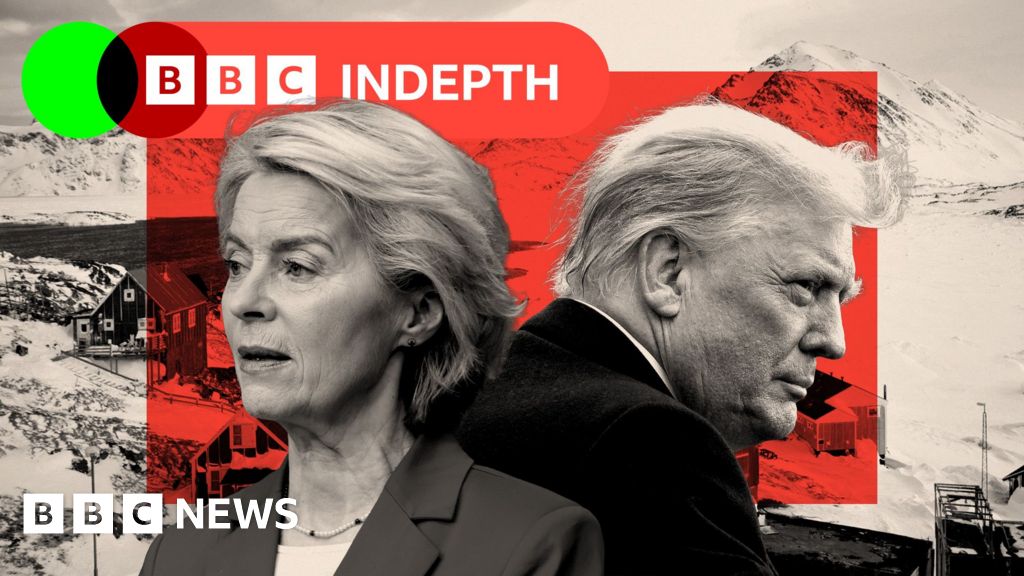
Katya AdlerEurope editor
 BBC
BBCOn Tuesday, the so-called Coalition of the Willing, largely made up of European leaders, met in Paris with envoys of US President Donald Trump, to try to make further progress on a sustainable peace deal for Ukraine.
Continue Reading
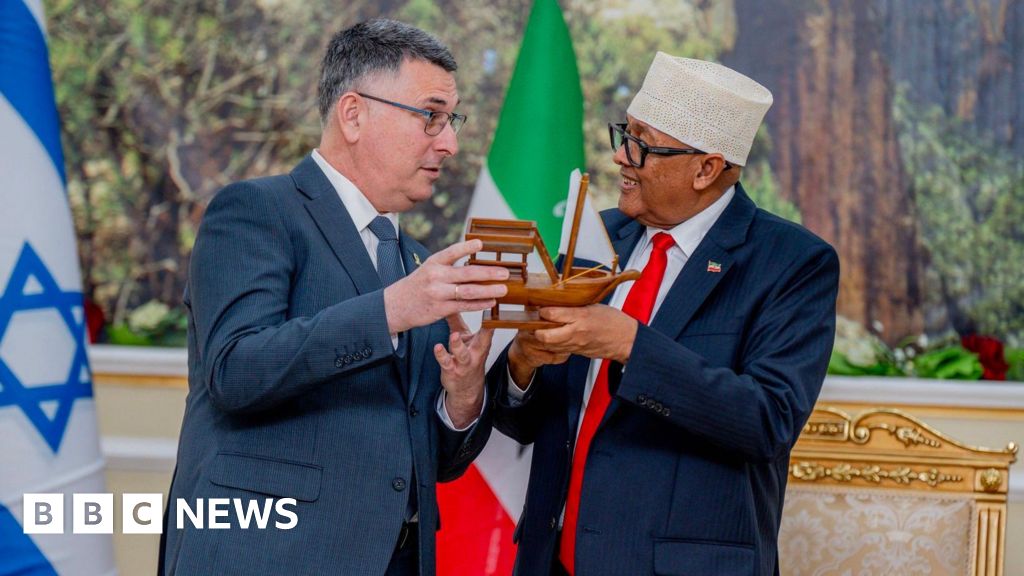
Israel foreign minister visits Somaliland after recognising its sovereignty
Israel’s foreign minister has held talks with Somaliland’s president on his first visit to the breakaway region since Israel controversially recognised it as an independent country.
Gideon Saar said Israel was determined to advance relations with…
Continue Reading

Joint Ministerial Statement between the United Arab Emirates and the Federal Democratic Republic of Ethiopia
On 6 January 2026, the United Arab Emirates and the Federal Democratic Republic of Ethiopia held high-level discussions during the working visit of His Excellency Sheikh Shakhboot bin Nahyan Al Nahyan, Minister of State.
Both sides…
Continue Reading
Venezuela crisis: UN aid effort continues amid political upheaval – UN News
- Venezuela crisis: UN aid effort continues amid political upheaval UN News
- Urgent call for child protection amid Venezuela escalating crisis Charity Today News
- Global Day of Action in Solidarity with Venezuela: January 17 World BEYOND War
Continue Reading
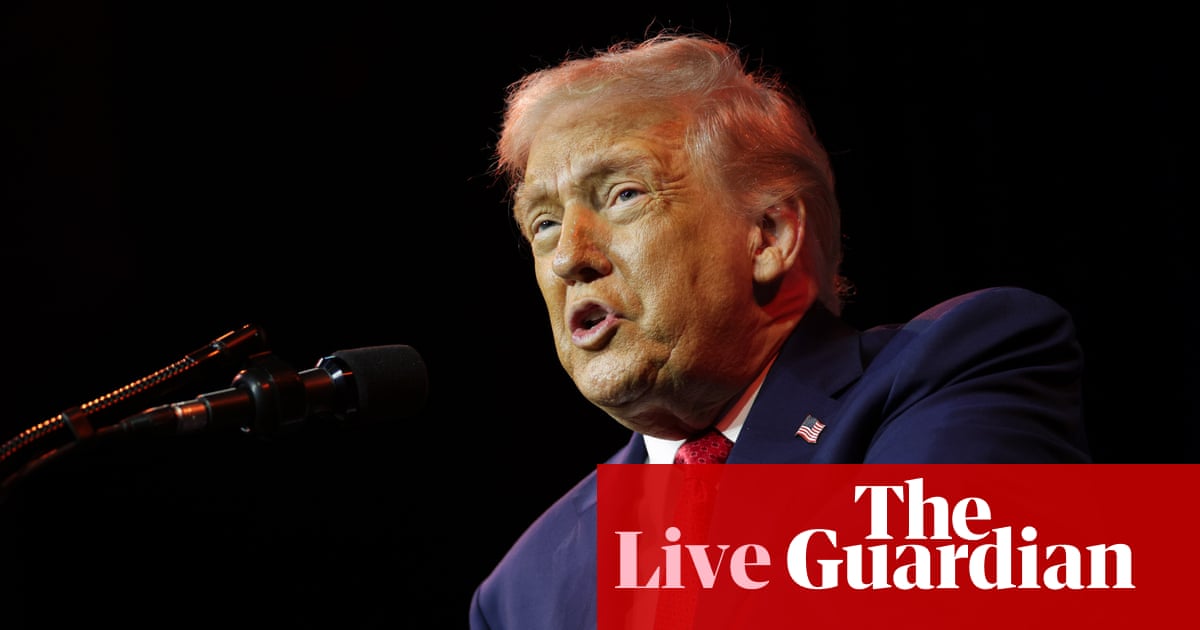
Trump calls Venezuela strikes ‘amazing’ and teases meeting with oil executives after ousting Maduro – live | Donald Trump
Trump calls Caracas strikes ‘amazing’ and ‘brilliant’ at House GOP retreat
Donald Trump has characterized the weekend strikes on Venezuela’s capital, Caracas, as “amazing” and “brilliant”.
“It was amazing. And think of it, nobody was…
Continue Reading
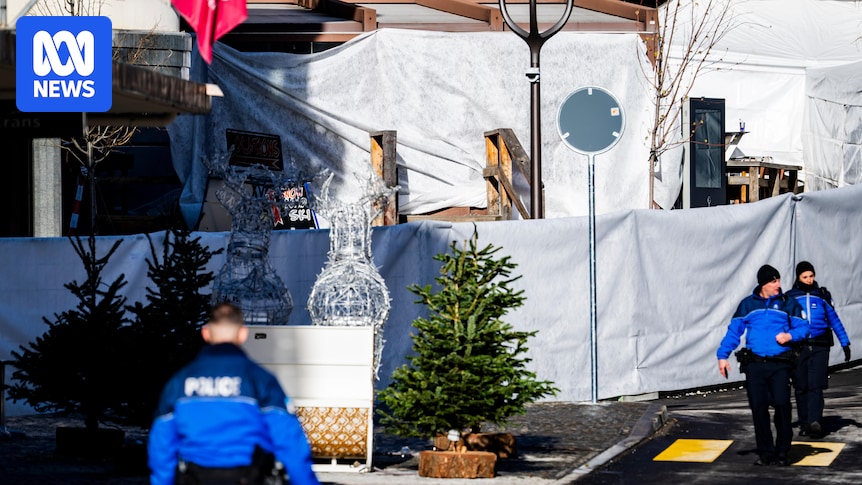
Fire safety inspections lapsed for years at Swiss bar where 40 died in New Year’s blaze
Fire safety inspections hadn’t been carried out since 2019 at the Swiss bar where a fire at a New Year’s party left 40 people dead and over 100 injured, local authorities say.
Investigators have said they believe sparkling candles on top of…
Continue Reading

Global population requiring interventions against trachoma falls below 100 million for the first time
The number of people requiring interventions against trachoma, the world’s leading infectious cause of blindness, has fallen below 100 million for the first time since global records began. There were 1.5 billion people estimated to be at risk…
Continue Reading
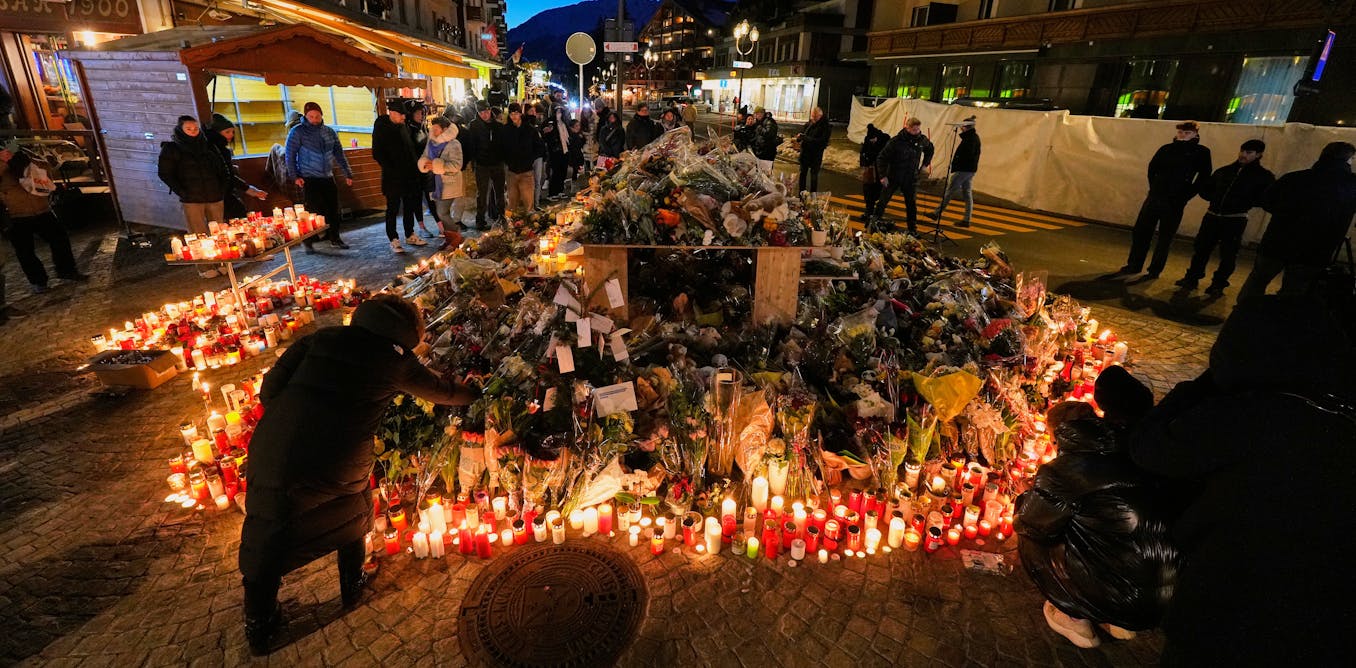
What the New Year’s fire at a Swiss bar tells us about fire prevention
In the early hours of Jan. 1, 2026, a fire ripped through Le Constellation bar in Crans-Montana, Switzerland, killing 40 people and injuring 116, many of them severely.
Investigators believe the blaze began when sparklers on champagne…
Continue Reading
The Africa Blind Spot: The US National Security Strategy and the Risks of Retreat – Foreign Policy Research Institute
- The Africa Blind Spot: The US National Security Strategy and the Risks of Retreat Foreign Policy Research Institute
- A multipolar world with bipolar characteristics The Hindu
- Column | The year of the ‘Donroe Doctrine’ The Washington Post
- From…
Continue Reading

Junk food advert restrictions finally come into force
Restrictions on TV and online junk food advertising have come into force with the aim of better protecting children from its harmful influence.
From today, adverts for less healthy food and drinks will no longer be shown on…
